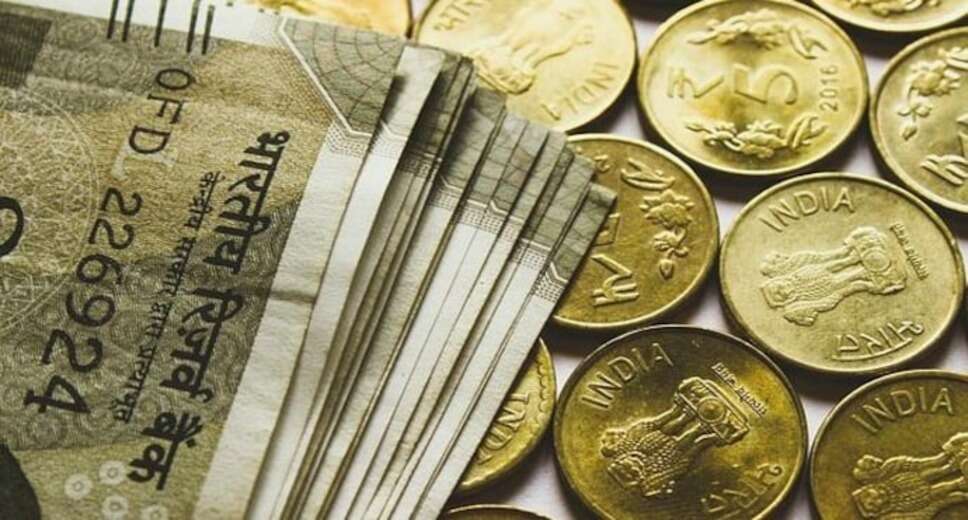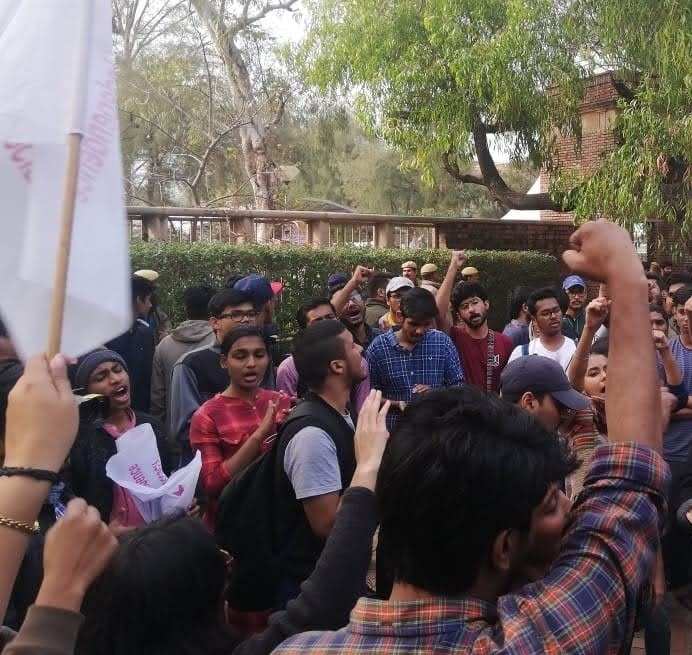DU's English PhD Fee Hike: A Step Towards Commercialisation of Education?

Delhi University (DU), one of India's most prestigious educational institutions, has sparked controversy with a substantial 12-fold increase in tuition fees for its English Department's PhD program. This alarming development has raised concerns among teachers, students, and various stakeholders, with many fearing it could be a significant step towards the commercialization of education.

Rapid Fee Escalation: The English Department's PhD program at DU witnessed an astonishing fee hike, surging from Rs 1,932 in the previous year to a staggering Rs 23,968 currently. To put this into perspective, the average fee for PhD courses in other disciplines at the university remains around Rs 4,400. The university administration, however, has not yet issued a public statement regarding this substantial increase.
Commercialization and Privatization Fears: Several teachers and student groups have vehemently criticized DU's actions, labeling them as a move towards "privatization" and "commercialization" of education, echoing concerns arising from the National Education Policy. The Democratic Teachers' Front has formally protested against the fee hike in a stern letter addressed to Vice Chancellor Yogesh Singh. Abha Dev, a DUTA Executive member, emphasized that this hike signifies the "commercialization of public-funded universities," a direct result of the National Education Policy 2020, which must be resisted to ensure equal access to education and opportunities for all.

HEFA Loan Connection: This fee escalation has prompted comparisons to a similar incident at Jawaharlal Nehru University (JNU), which saw fee hikes following the institution's borrowing from the Higher Education Financing Agency (HEFA). The DU unit of the All India Students' Association (AISA) has called for an investigation into the role of HEFA loans in this sudden fee increase.
Outcry from Student Organizations: Numerous student organizations have voiced their concerns, highlighting the adverse impact of such fee hikes on access to quality higher education. The All India Students' Association (AISA) has questioned whether this fee increase is intended to service the interest on HEFA loans, pointing out the government's shift from grants to loans for universities, which will ultimately be extracted from students' pockets. The Students' Federation of India (SFI) joined in opposing the fee hike, emphasizing its implications for publicly funded education institutions, limited opportunities, and added financial stress on students and their families. SFI also criticized the short notice given to students for fee payment.
Even the RSS-affiliated Akhil Bharatiya Vidyarthi Parishad (ABVP) has raised its voice against the fee increase, underlining the lack of student representation in central universities.
The steep fee hike at DU has sent shockwaves through the academic community, sparking concerns about its potential to set a concerning precedent in publicly funded universities. Many are now anxiously awaiting to see whether the collective voices of students and educators will lead to a reconsideration of this substantial fee increase.
